
In the midst of the COVID-19 crisis, many people are dreaming of Florida as a retreat from long days of self-isolation. Hundreds of miles of beautiful beaches, azure skies, shimmering oceans, teeming wilderness including barrier reefs and the Everglades, and strands of picturesque keys and islets. But this paradise is staring down a menace of its own — a rising sea level — and it’s time for a paradigm shift to help us save the Sunshine State. How that battle plays out will have huge implications for other coastal regions across the rest of the United States.
Floridians are experiencing the undeniable impacts of sea level rise firsthand on a daily basis. For Florida’s environment, the signs of danger and damage are everywhere. Saltwater is inundating the Florida Bay, exacerbating an...
Read More









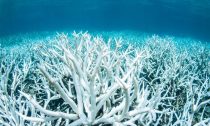
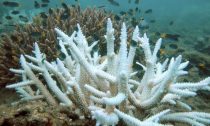
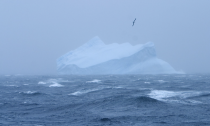
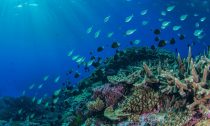
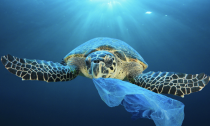
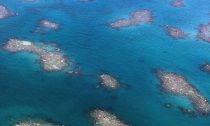
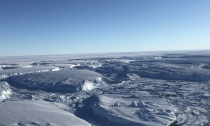
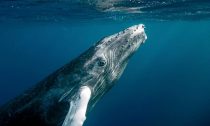
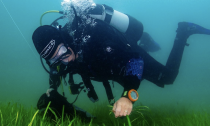

Social Profiles